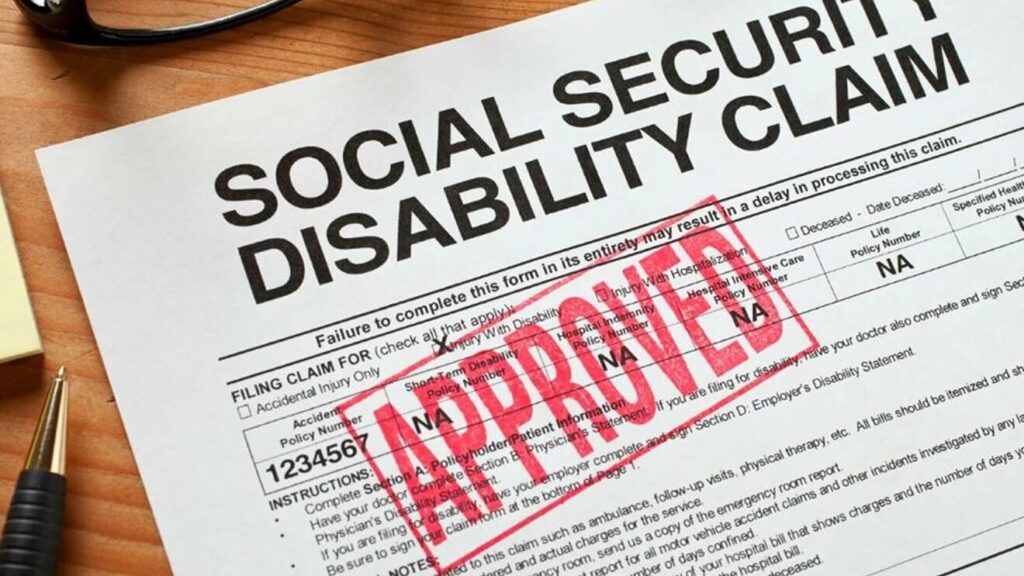
Benefits Under Social Security Disability That You Can Get!
A survey conducted a few years ago revealed that approximately 60% of American workers were unaware that they have disability insurance in the event that a medical or mental ailment renders them permanently unable to work. To learn more, you can contact disability lawyers phoenix
The major federal programs that help people with impairments are the Social Security and Supplemental Security Income disability programs. Although these two systems differ greatly from one another, they are both managed by the Social Security Administration, and only those with a handicap who meet certain medical requirements are eligible for payments under either program.
Suppose you are “covered,” meaning you have labored long enough and endow Social Security taxes. In that case, Social Security Disability Insurance provides advantages to you, particularly family members.
Benefits from Supplemental Security Income are paid according to financial necessity.
The government insurance program known as Social Security Disability Insurance (SSDI) is financed by payroll taxes. You pay FICA taxes, and a percentage of it goes toward SSDI (as well as Social Security Retirement and Medicare). If you cannot work because of a disability or until your condition improves, SSDI, established in 1954, is intended to give you income. If your condition does not improve, however, income is guaranteed.
Then, when you become 65 or older and reach retirement age, you switch from SSDI to Social Security retirement income.
The definition of disability used by the Social Security Administration (SSA) differs from that used by other programs you could interact with through your employer or private insurance. The SSA covers only the total disability. Short-term or partial disabilities do not qualify for benefits.
Your incapability to work determines your SSDI eligibility. The SSA will often classify you as disabled if:
- Work you previously completed is no longer possible;
- It has been found that your medical condition(s) prevent you from adjusting to other work; and
- Your incapacity has persisted for at least a year, is anticipated to do so, or will cause your demise.
According to studies cited by the Social Security Administration, a 20-year-old worker has a 3-in-10 probability of incapacitating before retirement age.
Your Social Security benefit amount is determined by the following:
- The sum of your lifetime earnings
- Your eligibility age to receive benefits
- You can use Social Security’s retirement fund planner to: Determine whether you’ll be qualified to receive your spouse’s benefit in place of your own;
Calculate your benefits between the ages of 62, the earliest age at which you can collect them, and 70. Request retirement benefits. If you intend to work while receiving Social Security benefits, learn about the earning thresholds.
